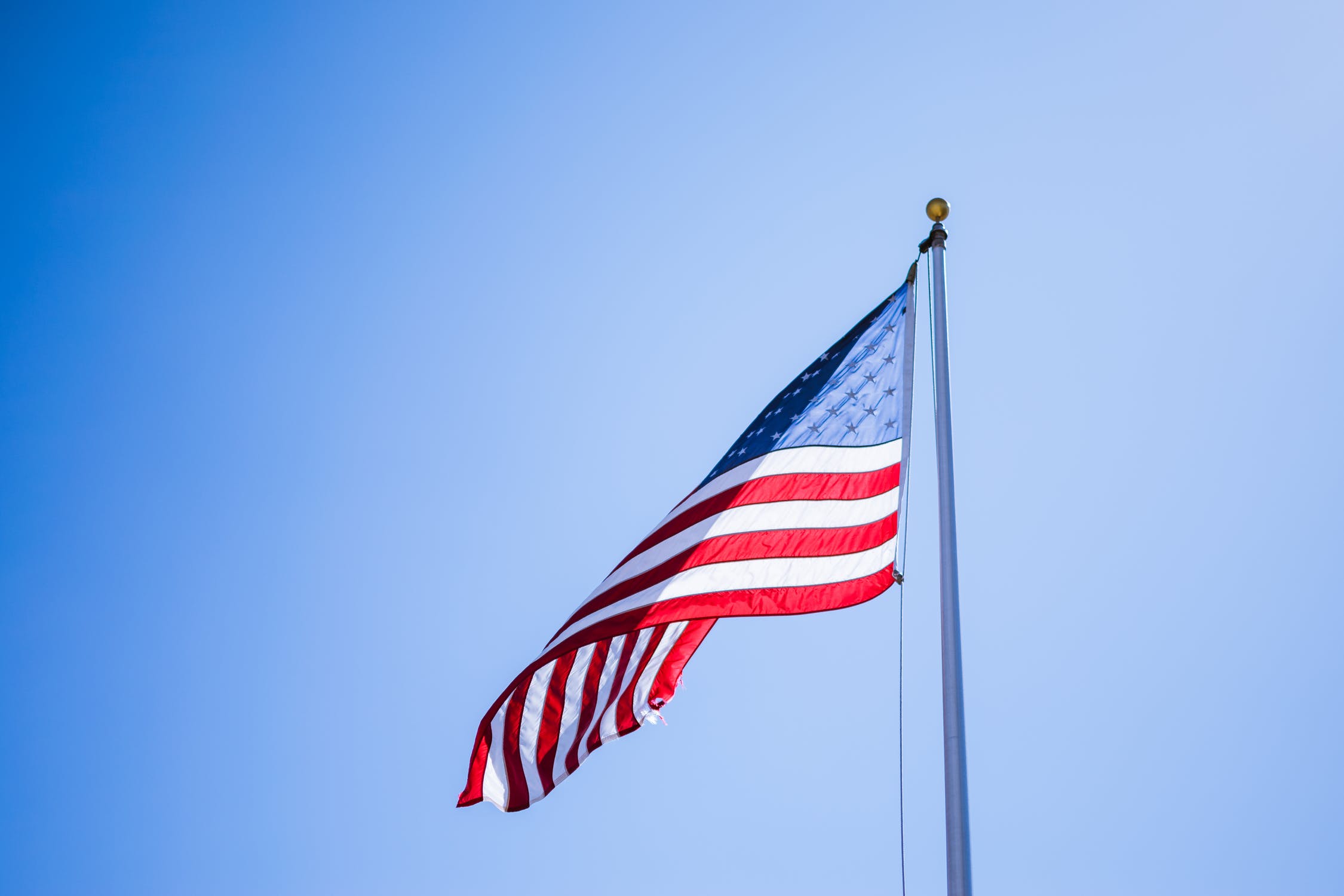Fake news and Charles Dickens
Lately we’ve heard repeated warnings that the term “fake news” threatens the basic underpinnings of democracy. The free press is essential to informing the American people, we’re told, and this term of derision marks a new descent in political life.
Really?
Here are a few excerpts from American Notes for General Circulation, Charles Dickens’s account of his trip to America in 1842. He singles out the Press this way:
[W]hile the newspaper press of America is in, or near, its present abject state, high moral improvement in that country is hopeless. Year by year, it must sink lower down; year by year, the Congress and the Senate must become of less account before all decent men; and year by year, the memory of the Great Fathers of the Revolution must be outraged more and more, in the bad life of their degenerate child.
Among the herd of journals which are published in the States, there are some, the reader scarcely need be told, of character and credit. From personal intercourse with accomplished gentlemen connected with publications of this class, I have derived both pleasure and profit. But the name of these is Few, and of the others, Legion; and the influence of the good, is powerless to counteract the mortal poison of the bad….
[W]hile that Press has its evil eye in every house, and its black hand in every appointment in the state, from a president to a postman; while, with ribald slander for its only stock in trade, it is the standard literature of an enormous class, who must find their reading in a newspaper, or they will not read at all; so long must its odium be upon the country’s head, and so long must the evil it works, be plainly visible to the Republic.
There’s more, including some discussion of political life in America that sounds all too familiar. But that’s a basic outline.
Interestingly, Dickens’s hypothesis is that the American people need to turn their minds toward ideals:
It would be well, there can be no doubt, for the American people as a whole, if they loved the Real less, and the Ideal somewhat more. It would be well, if there were greater encouragement to lightness of heart and gaiety, and a wider cultivation of what is beautiful, without being eminently and directly useful…. I yet hope to hear of there being some other national amusement in the United States, besides newspaper politics.
Dickens’s words reminds us that the flaws in our public life and Press are nothing new. This President is more confrontational about it than we’re used to, but is “fake” any more troubling an adjective than “licentious,” “evil,” “odious,” or “slanderous”? Can a journalism described in these terms claim the mantle of truth telling?
Perhaps instead of using every weapon in its arsenal to raise the alarm about the words the President is using to describe them, reporters should, as Dickens advises, love the Ideal of what they are supposed to be — and work harder to attain to it.


